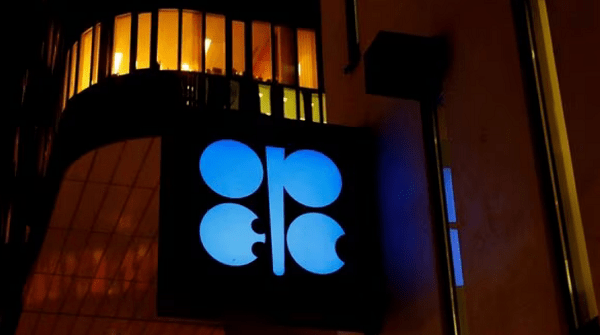The Organization of the Petroleum Exporting Countries and its allies led by Russia, or OPEC+ reached a deal on output policy after seven hours of talks and decided to reduce overall production targets from 2024 by a further total of 1.4 million barrels per day (bpd).
Saudi Arabia, OPEC cartel’s dominant member, will make deep production cuts of 1 million bpd starting from July, as part of a broader output-limiting OPEC+ deal as the group faces flagging oil prices and a looming supply glut. The rest of the OPEC producers agreed to extend earlier cuts in supply through the end of 2024.
Saudi Energy Minister Prince Abdulaziz said the cut of 1 million bpd by Riyadh could be extended beyond July if needed. “This is a Saudi lollipop,” he said. The deal came after a last-minute fight with African members over how their cuts are measured, which delayed the meeting by several hours.
The disagreement prompted a flurry of side meetings as ministers from the oil producing nations haggled over the details. Russia will extend its voluntary oil production cut of 500,000 barrels per day until the end of December 2024, Russian Deputy Prime Minister Alexander Novak said after the OPEC meeting, according to Reuters.
By contrast, the United Arab Emirates was allowed to raise output. However, many of these reductions will not be real as the group lowered the targets for Russia, Nigeria and Angola to bring them into line with their actual current production levels.
It is now possible that the latest production cut could send oil prices up and with them, gasoline costs. However, there is uncertainty about when the slow-growing global economy will regain its thirst for fuel for travel and industry.
The July cut follows Saudi Energy Minister Abdulaziz bin Salman’s sharp warning to speculators betting on lower oil prices. The Saudis need sustained high oil revenue to fund ambitious development projects aimed at diversifying the country’s economy away from oil.
The fact that Saudi felt another cut was necessary underlines the uncertain outlook for demand for fuel in the months ahead. There are still concerns about economic weakness in the US and Europe, while China’s rebound from COVID-19 restrictions has been less robust than expectations.
The oil producing group had announced a surprise production cut of 1.16 million bpd in a surprise decision in April. The April announcement helped to drive oil prices about $9 per barrel higher to above $87, but they swiftly retreated under pressure from concerns about global economic growth and demand. On Friday, international benchmark Brent settled at $76. OPEC+ had already in place a cut of 2 million bpd agreed last year and amounting to 2 per cent of the global demand.
Today, OPEC nations produce around 30 percent of the world’s crude oil. Saudi Arabia is the largest oil producer within the cartel, producing more than 10 million barrels a day. OPEC+ pumps around 40 per cent of the world’s crude and its policy decisions can have a major impact on oil prices.
Western nations including the US and UK have accused OPEC of manipulating oil prices and undermining the global economy through high energy costs. The West has also accused OPEC of siding with Russia despite the Western sanctions over Moscow’s invasion on Ukraine.
Source: Livemint

